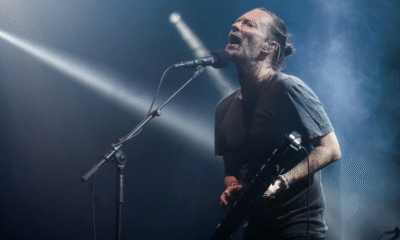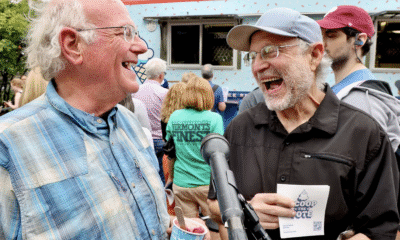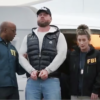War and Peace
Netanyahu Agrees to Ceasefire With Hezbollah Amid ICC Arrest Warrants and Mounting Global Pressure
In a significant development, Israeli Prime Minister Benjamin Netanyahu’s ceasefire agreement with Hezbollah was announced, marking an end to weeks of intense conflict along the Israel-Lebanon border. The announcement followed a high-level meeting with his security cabinet on Tuesday, during which Netanyahu outlined the terms of the agreement and its implications for regional stability. Earlier, the International Criminal Court (ICC) issued arrest warrants for Netanyahu and his former Defence Minister Yoav Gallant.
“Hezbollah Not the Same Anymore”
Netanyahu expressed confidence in Israel’s strategic achievements, stating that the country had effectively diminished Hezbollah’s military capabilities. “Hezbollah is not the same anymore,” Netanyahu declared, emphasizing that the group has been pushed “decades back” in terms of operational strength.
Under the ceasefire terms, any attempts by Hezbollah to rearm will be deemed a violation of the agreement, prompting severe Israeli retaliation. Netanyahu assured the Israeli public and the international community that the deal would be strictly enforced, stating, “An agreement can be enforced, and we will enforce it.”
Netanyahu Faces Growing Isolation
The ceasefire announcement comes amid mounting international pressure on Benjamin Netanyahu, who has faced increasing scrutiny over his government’s actions. Earlier, the International Criminal Court (ICC) issued arrest warrants against Benjamin Netanyahu and now Former Defense Minister Yoav Gallant for alleged war crimes linked to Israeli military actions in Gaza. The warrants have intensified his diplomatic isolation, with several nations openly criticizing his leadership. As protests against his policies gain momentum domestically and abroad, the ceasefire can be seen as a strategic move to ease global criticism and regain leverage.
Concerns Over Future Violations
Acknowledging concerns about potential limitations on Israel’s ability to act in Lebanon under the ceasefire agreement, Netanyahu stressed that the Israeli Defense Forces (IDF) retain the right to respond decisively to any breaches. “If Hezbollah violates the agreement, Israel will respond with force,” he reiterated, highlighting the deterrence measures embedded within the deal.
עדכון חשוב ממני אליכם >> pic.twitter.com/wXKsh0zkK0
— Benjamin Netanyahu – בנימין נתניהו (@netanyahu) November 26, 2024
Lebanon Calls for Global Action
Lebanese Prime Minister Najib Mikati welcomed the ceasefire while urging the international community to ensure its swift implementation. In a statement, Mikati emphasized the urgency of ending the hostilities, which have had devastating consequences for civilians on both sides of the border.
“The international community must act swiftly to implement an immediate ceasefire and bring an end to the war between Israel and Hezbollah,” Mikati said.
A Fragile Yet Significant Step
The ceasefire deal is being hailed as a critical step toward reducing tensions in the volatile region. However, analysts warn that the agreement’s success will depend heavily on both sides’ adherence to its terms and the international community’s role in monitoring compliance.
For Israel, the ceasefire represents a strategic pause after weeks of military operations aimed at neutralizing Hezbollah’s threat. For Lebanon, it offers a glimmer of hope amid growing concerns over humanitarian crises and economic instability exacerbated by the conflict.
While Netanyahu’s declaration of victory signals confidence in Israel’s military achievements, the fragile nature of ceasefires in the region leaves room for scepticism. The coming weeks will be crucial in determining whether this agreement can pave the way for lasting peace or merely serve as a temporary reprieve from an enduring conflict.









































